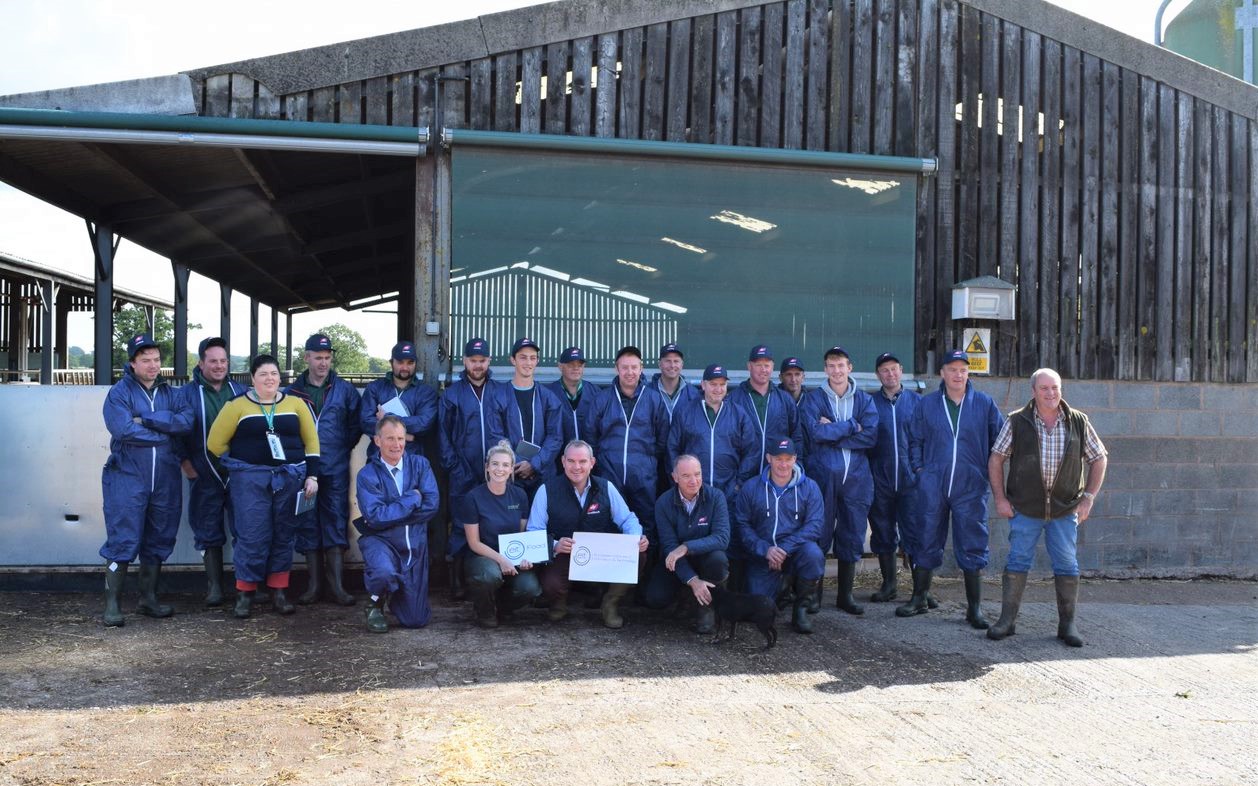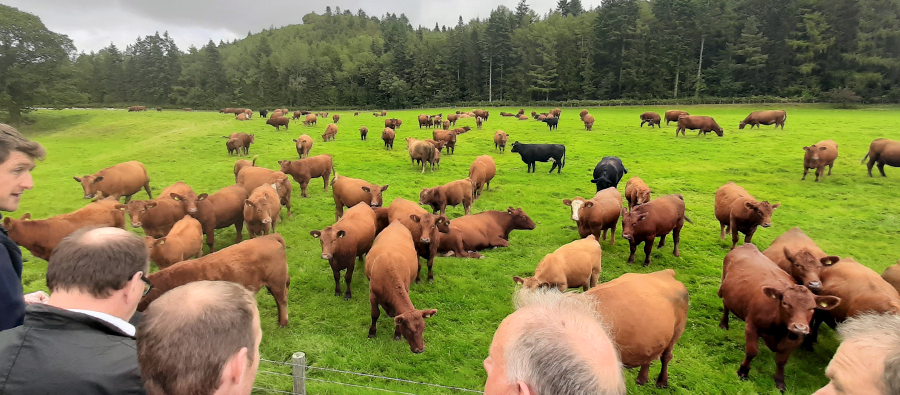Laura Elphick, Communications and Engagement Officer at EIT FoodLaura Elphick discusses the value of peer-to-peer learning in overcoming the slow adoption of farming technologies and why supporting farmers is more important than ever amidst the COVID-19 pandemic.
Today, farmers across the globe are experiencing many difficulties from depleting soil, to pest problems to harsh weather conditions. Climate change in particular is affecting the agricultural sector, causing extreme weather events that lead to reduced crop yields, along with desertification and land degradation in many regions.
Of course, the sector itself contributes to climate change, with food production responsible for up to 37 per cent of greenhouse gas emissions and 70 per cent of fresh-water use. Innovative agricultural technologies can help farmers to face climate challenges and improve the efficiency of their farming practices, contributing to agricultural sustainability while positively impacting their businesses and livelihoods.
Technological innovation
Solutions such as big data and AI can help farmers measure the quality of their crops in real-time to improve yield and profitability, whilst advanced machinery and robotics can help farmers improve the efficiency and speed of harvesting. Technological innovations can benefit overall agricultural sustainability too, with improved harvesting techniques reducing food loss and waste throughout the value chain, for example.
However, agricultural technologies are often expensive, difficult to learn how to use, or used too infrequently for farmers to remember how to operate them – largely thanks to the seasonal nature of farming.
For instance, farmers may need combine harvester training at the start of the harvesting season, which is their busiest time. Yet training them in winter instead can mean they forget how to use the technology when it is needed later in the year. These challenges amongst others contribute to the slow adoption of farming technologies. But one way to overcome this is through peer-to-peer learning.
Improving farmers’ livelihoods
EIT Food – an initiative to make food systems more sustainable, healthy and trusted – is building a diverse network across the food value chain to boost innovation in the sector. ‘Focus on Farmers’ is an EIT Food project led by the University of Reading, connecting European farmers with mentors who can teach them about the benefits of using innovative technologies and deliver first-hand training on how to use them.
Through tailored support, the project aims to overcome the slow adoption of agricultural technologies by recruiting farmer champions to encourage the wider farming community to adopt new methods. So far, the project has engaged 4,500 farmers from the UK, Ireland, Germany and Italy, who have learned how to embrace technologies to improve the efficiency, profitability and sustainability of their enterprises.
“Farmers have particularly benefitted from speaking to the farmer ambassadors and receiving peer support in technology use,” says programme director, Dr Gillian Rose. “This system enables them to learn from farmers who are already using the technology. The farmer ambassadors give confidence for their peers to invest and use technology because they have seen first-hand the benefits”.
The ‘Focus on Farmers’ project is positively impacting farmers’ livelihoods. For example, the use of cameras in intensive livestock production systems enables farmers to monitor changes in animal behaviour, which may indicate health and welfare interventions are needed. With many farming businesses dependent on livestock but farmers unable to observe all animals in real-time, using cameras is a simple way for them to keep watch and respond quickly to any issues.
Project partner ABP runs events for farmers to understand their needs, collate feedback and offer solutions to the issues they face. For example, in beef production it is important that farmers do not keep livestock for longer than necessary to meet weight and grade specifications, as this can impact upon beef quality. Even technologies as simple as scales to weigh cattle can improve quality consistency and help to optimise production sustainability.

Credit: EIT Food
Engaging farmers in times of crisis
Engaging farmers is always important, but it is even more crucial during the COVID-19 pandemic, where farmers are being faced with challenges including increased demand and labour shortages.
For instance, asparagus requires skilled labourers for harvesting, where green spears are snapped off at soil level, without cutting too deeply and injuring the buds that will produce the next generation. Many farmers facing a reduced workforce as a result of COVID-19 restrictions are therefore under pressure to meet demand with far fewer resources.
As such, it is vital to continue supporting farmers during these difficult times. Although face-to-face contact is currently not possible, novel engagement methods can be tried and tested. Dr Gillian Rose notes that experimenting with online forums, virtual lectures and support groups can help farmers feel supported, while still providing peer-to-peer learning to boost efficiency and profitability.
From heavy machinery that helps with harvests, to mobile phones enabling contact during these strange times, technology undoubtedly has the power to improve farmers’ lives and livelihoods.
Learn more about EIT Food here and be sure to follow @FarmingFirst on Twitter to keep up with the latest news on how COVID-19 is affecting agriculture.



